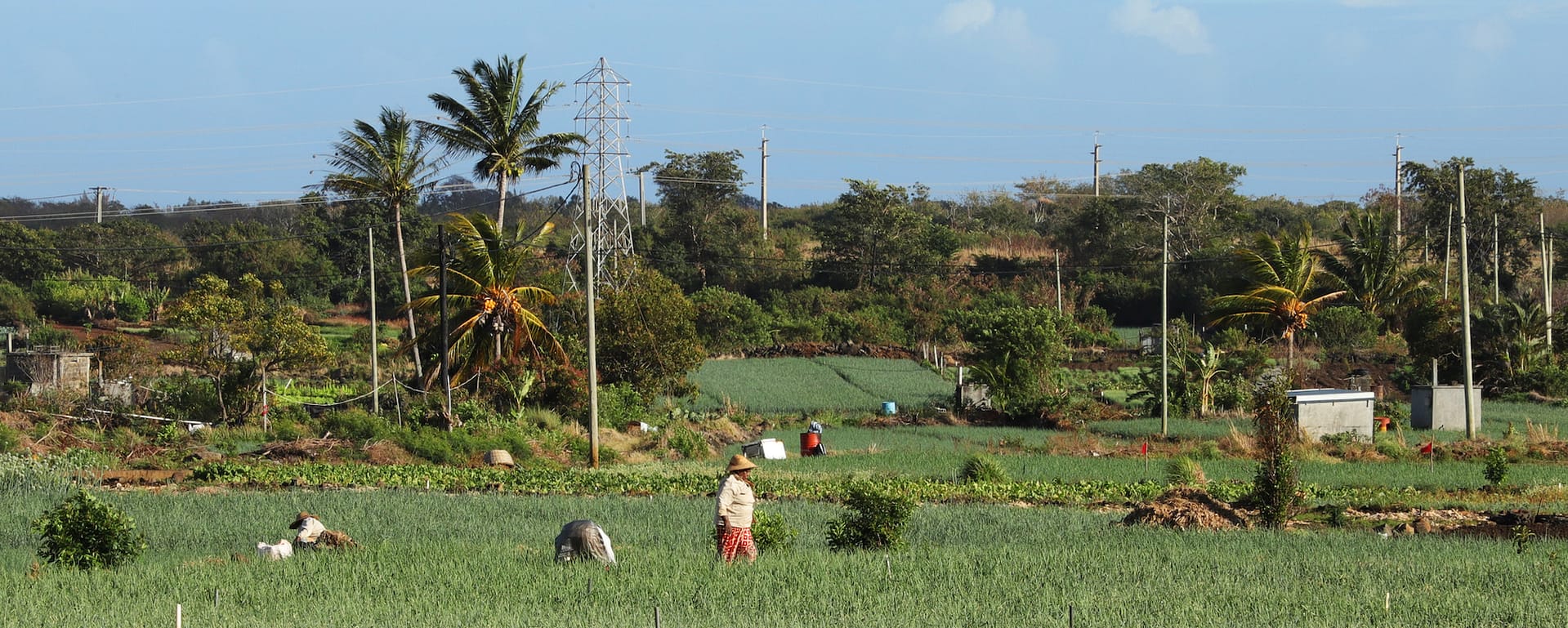Republic of Senegal : A Women Inclusivity Territorial approach – 2023


Project Summary
In 2023, IPAR and LDN Advisory form a partnership to undertake a comprehensive Land Degradation Neutrality (LDN) project with a robust focus on women’s inclusivity. IPAR, recognized for its agricultural expertise, has collaborated with NASA and the UN, showcasing its global recognition. The Podor department in Northern Senegal, part of the Sahel region prone to desertification, is the project’s focal point. The Podor Economic Forum (FEP) targets sustainable investments, local product promotion, youth, and women entrepreneurship for food sovereignty. The LDN project encompasses Podor, the Senegal River vegetable market area, and the overlooked Ferlo region, aiming to resolve land use conflicts, develop agro-forestry sectors, and empower women through organic market gardening and sustainable practices.


Project rationale
IPAR is one of the first West African think tanks on agriculture and rural world. Their professionalism has received the recognition of national and international partners. The NASA, for instance, has involved IPAR in the team working on the impact of climate change by 2030.
Also, one of IPAR researcher has been chosen by the UN as one of fifteen world researchers to write the Global Sustainable Development Report. Another example concerns the choice by the Ministry of Agriculture of Senegal to choose IPAR to develop COMPACT agriculture to finance with the ADB its strategy for achieving food sovereignty. Concerned about the impact of its intervention, IPAR has opened projects for the territorialization of public policies, with a specific experiment in the Podor department.
The department of Podor is located in the northern part of the country, in the middle valley of the Senegal River which constitutes the border with the Islamic Republic of Mauritania to the north. The department is limited to the south by the departments of Linguère and Ranerou Ferlo.
Northern Senegal is part of the Sahel region, which is susceptible to desertification. Land degradation, drought and deforestation contribute to desert expansion, which has serious consequences for agriculture and food security.
The Podor department accounts for 140,000 of the 240,000-ha available in the Senegal River valley. This is why a Podor Economic Forum (FEP) has been created as a joint initiative of the Departmental Council and the prefecture with the technical support of IPAR. The Forum is aiming at:
- Identifying solutions to create an ecosystem to facilitate sustainable investments in the Podor department.
- Ensuring, in a context of food sovereignty, the promotion of local products and services in all its forms (raw and processed) with a view to strengthening their positioning on the national market in general, and the international market in particular,
- Promoting youth and women entrepreneurship to contribute to sustainable solutions to youth unemployment.
Historically, Senegal has developed initiatives aimed at attracting foreign investors in agriculture, introducing changes on the traditional economic patterns (basically the access to water and fodder resources). This move has also induced processes of change in land property and access, the end of public support to peasant farmers and an intensified marginalization of pastoralism. Understanding the impacts of the promotion of the irrigated agro-industry on environmental and social sustainability is therefore of paramount importance.
This is why a partnership between IPAR and LDN Advisory has been engaged in order to consider a territorial integrated Land Degradation Neutrality – LDN project that will include a strong women inclusivity approach. Such project will include the town of Podor, the vegetable market area on the banks of the river Senegal, but also the Ferlo region, an always forgotten territory, but containing undervalued natural resources such as gum tree and a large number of medicinal and aromatic plants.
The project will propose an inclusive territorial approach that will better arbitrates land use conflicts, develops future agro-forestry sectors, and regulates access to underground and surface water. The approach will also support the conversion to non-polluting organic market gardening, developing secondary and tertiary jobs around local natural resources organized into promising sectors.
The project will particularly focus on women empowerment. Women are often the primary caregivers and contributors to agricultural activities in rural areas. In Northern Senegal, women’s associations are already supporting for years farming techniques and sustainable agriculture practices improvement. They are key to the enhancement of food production and food security in the region. This is why IPAR is actively engaged with the “Union of Women Transformers of Podor” to strengthen their capacities in “Leadership and change management” (https://www.ipar.sn/IPAR-renforce-les-capacites-des-femmes-transformatrices-de-Podor-en-Leadership.html)
Download this case study in pdf format :

